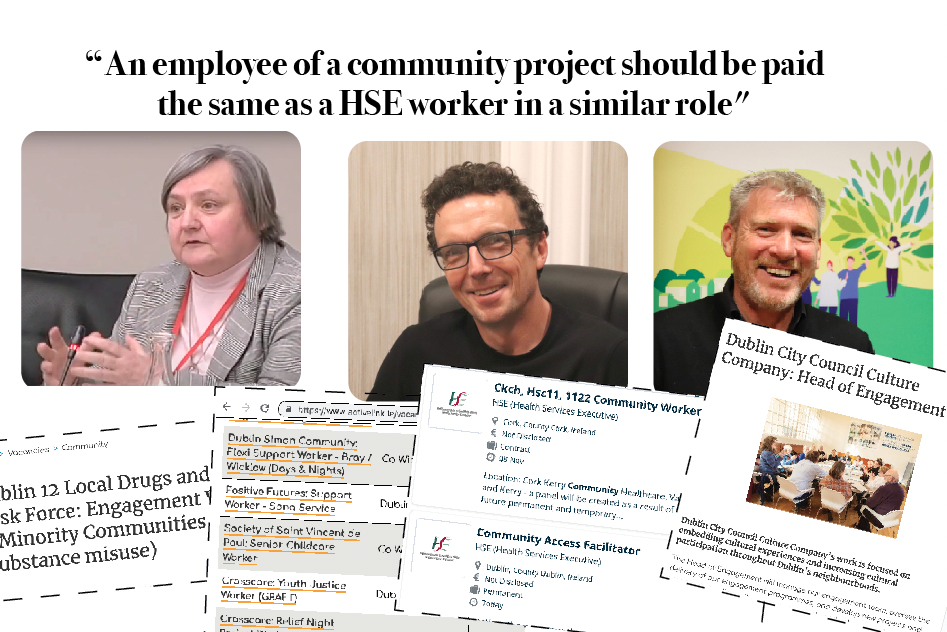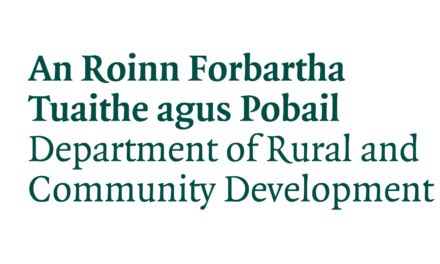Managers in the community and voluntary sector are warning of a crisis in the recruitment and retention of staff, as salaries in the sector have stagnated due to lack of funding.
In its pre-budget submission in September, The Wheel called for an increase to funding for HSE-funded (Section 39), Tusla-Funded (Section 56), Housing Act (Section 10) homeless services and other statutory-funded services.
The organisation warned that the community and voluntary sector is experiencing “an escalating crisis in staffing” that is jeopardising service delivery and continuance.
However, Budget 2023 did not include any proposals to address pay issues for those in Section 39 and similar organisations.
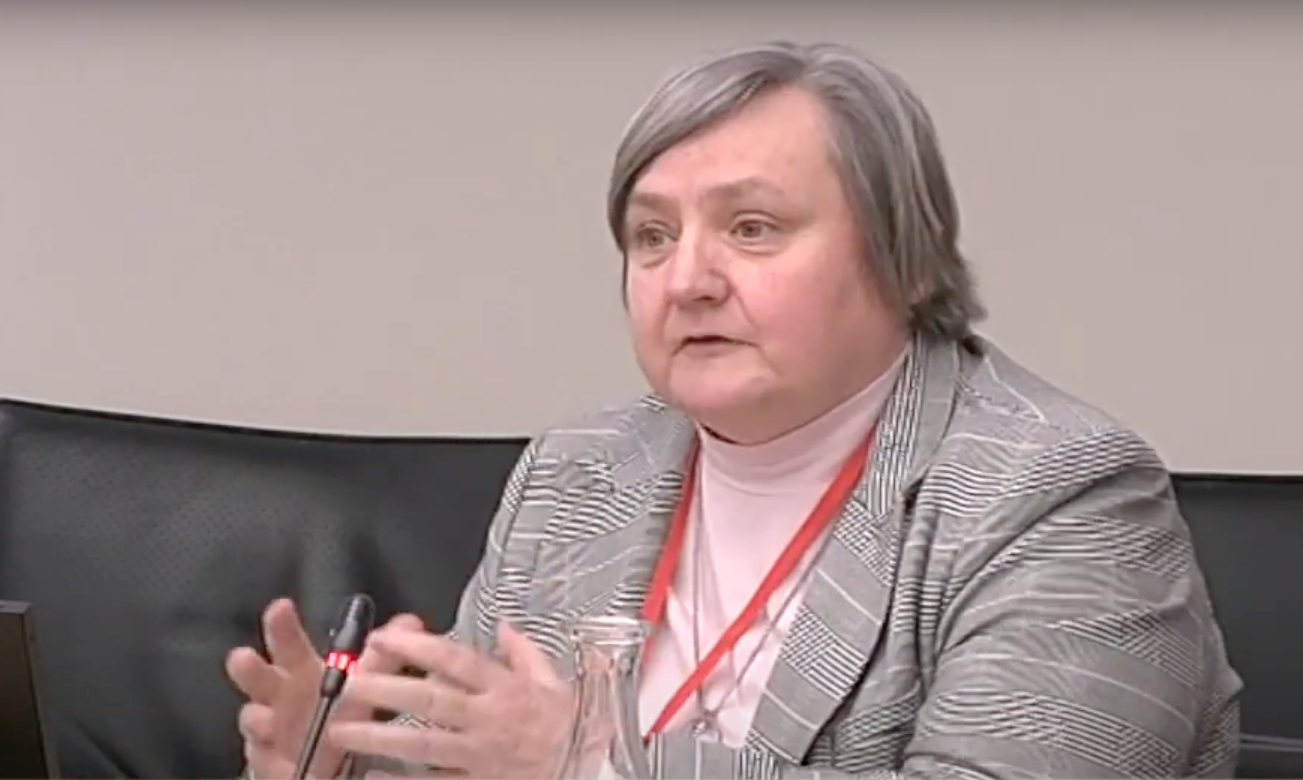
Anne Fitzgerald, CEO of Ballyfermot Chapelizod Partnership told Changing Ireland how the issue has affected their work: “We are always recruiting; it’s now a constant part of every working week.
“It’s about pay, recruitment and retention. Sláintecare has expanded, and County Councils are moving into the area of community development, and it’s our staff they’re taking. We can’t compete with the public sector salaries, particularly now since the public sector pay deal. Fairness would dictate that where people are doing similar jobs, they would get similar salaries. We did have a lot of equity before, but with one stroke of a pen, that’s gone, destroyed.”
While the issue is a nationwide one, Ms Fitzgerald believes it is exacerbated in Dublin, due to the higher cost of accommodation.
“Dublin is the perfect storm. It’s getting difficult to get around, there’s the issue of housing. In Dublin a salary of €45,000 is just about what you’d need to live. In somewhere like Cahirciveen it’s worth way more, the cost of living is cheaper,” she explained.
When asked if the issue of recruitment and retention would affect her organisation’s services, Ms Fitzgerald replied: “It probably will, in terms of stability, continuity of care. The relationship side can be impacted.”
She continued: “People don’t stay in the job as long. We’ve had people stay less than a year, then they go to the HSE or the Council. We’ve had people who are upset handing in their notice, but they’re saying ‘this means the difference in the mortgage I can get’. It’s a candidate’s field, and that’s good for them. I don’t begrudge people doing better for themselves.
“Sometimes it’s good to get a variety of experience in this sector, and a lot of particularly younger people would change jobs to get experience in different areas. But in a lot of these jobs you’re relying on people building relationships. When people are staying in the job for a year or less, it’s not good for the relationships.”
The recruitment and retention crisis is becoming the main topic of conversation among CEOs in the sector. According to Ms Fitzgerald:
“It comes up every time a group of CEOs in the sector gather together, whereas it wouldn’t have two or three years ago.
“CEOs should be spending time on development and doing policy work, but a lot of the time we’re treading water. We’re treading it well; I think we do a good job of keeping it going, but we need something to give somewhere. We need more money. An employee of a community project should be paid the same as a HSE worker in a similar role by the worth of their qualification and the job they are doing.”
As to what can be done to help solve the problem, Ms Fitzgerald said: “As a sector we could have a look at our strategy around hiring older people as a matter of policy. Often you default to the stereotype of hiring young graduates, but maybe part of our survival could be to look at people who have taken early retirement from state jobs.”
* * * * *
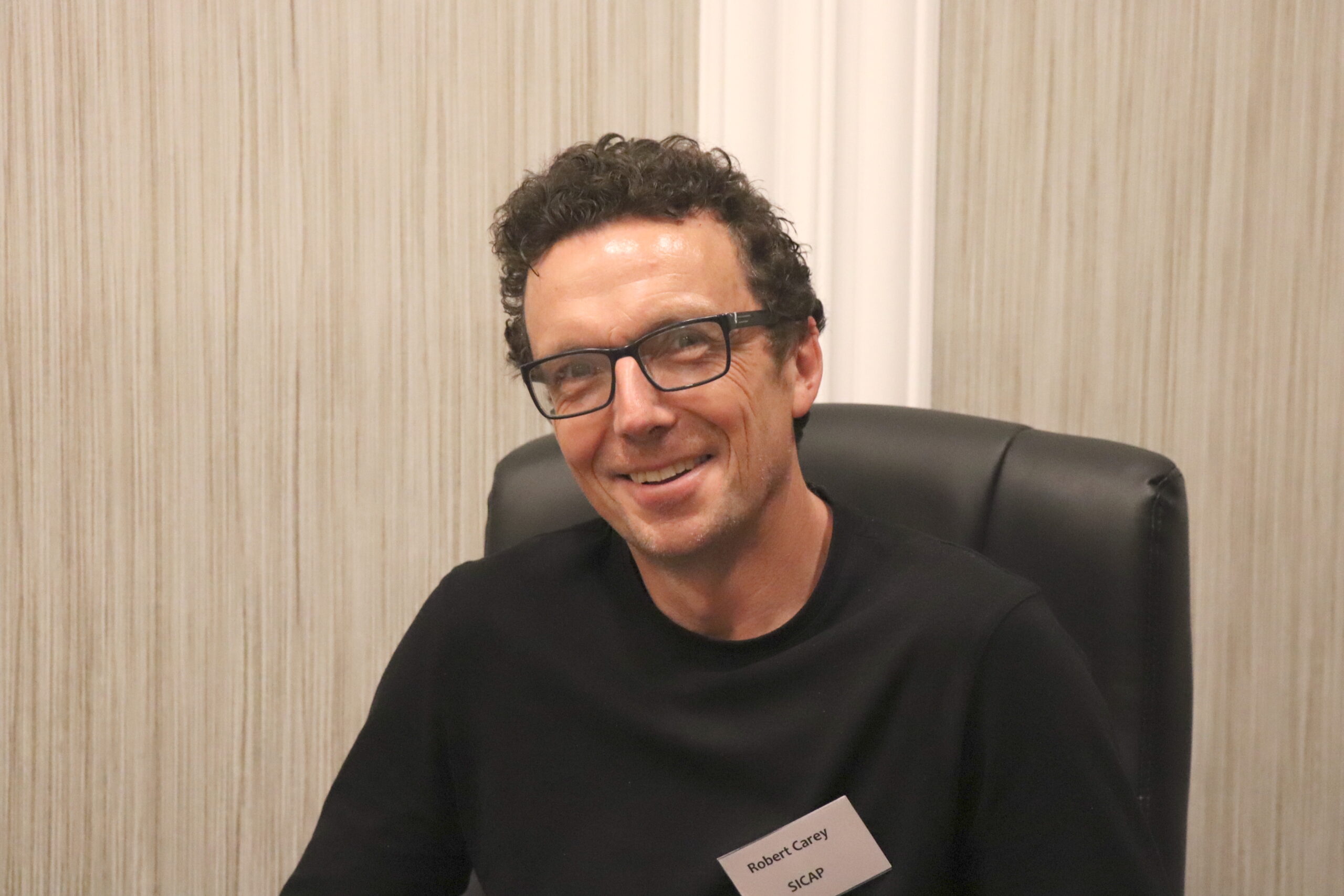
In Kerry, Rob Carey at North East and West Kerry Development revealed that the organisation has lost two staff members in the last three months to the HSE.
“Before that we had very little turnover. In one way, people moving on is natural, but we wouldn’t be able to compete with the salaries they are being offered. SICAP is losing employees to the HSE; it has come up at a SICAP managers’ meeting. Partnerships nationwide have experienced people leaving,” he said.
Mr Carey continued: “We have had very few pay increases. I think we had one increase in the last ten years, the reason being that our budget hasn’t increased. Ten years ago we weren’t doing too bad, but salaries in the sector have stagnated and now we’re falling behind. A lot of people working in the sector would be below the average industrial wage.”
* * * * *

Dearbhla Conlon Ahern, West Limerick Resources
In Limerick, Dearbhla Conlon Ahern, SICAP Coordinator at West Limerick Resources, told Changing Ireland:
“We are losing someone in the next few weeks. They’re going to a statutory body and we just can’t compete. I’m delighted for the person, but it’s heartbreaking for us. All the relationship building that you do, then you have to set the dial back to zero. I’m afraid I’m going to see more of this.”
She continued: “Our sector is built heavily on building relationships. We are there to deliver the national programme to the people who are facing the most barriers. It’s a journey with people. The problem is, there isn’t a value set on community development, because it’s not tangible.
“The gap between the salaries in the sectors is between about 12 and 14 per cent. The sector has to get real about bringing in a proper payment structure. We shouldn’t be a stomping ground for others (to recruit staff). Sláintecare are hoovering up quite a few, as are local authorities.”
Ms Conlon Ahern revealed that these concerns were raised with Minister Joe O’Brien when he visited West Limerick Resources in October. “Hopefully he will take heed of what we are asking. This is the bridging year between this iteration of SICAP and the next – now is the time that this needs to be done,” she remarked.
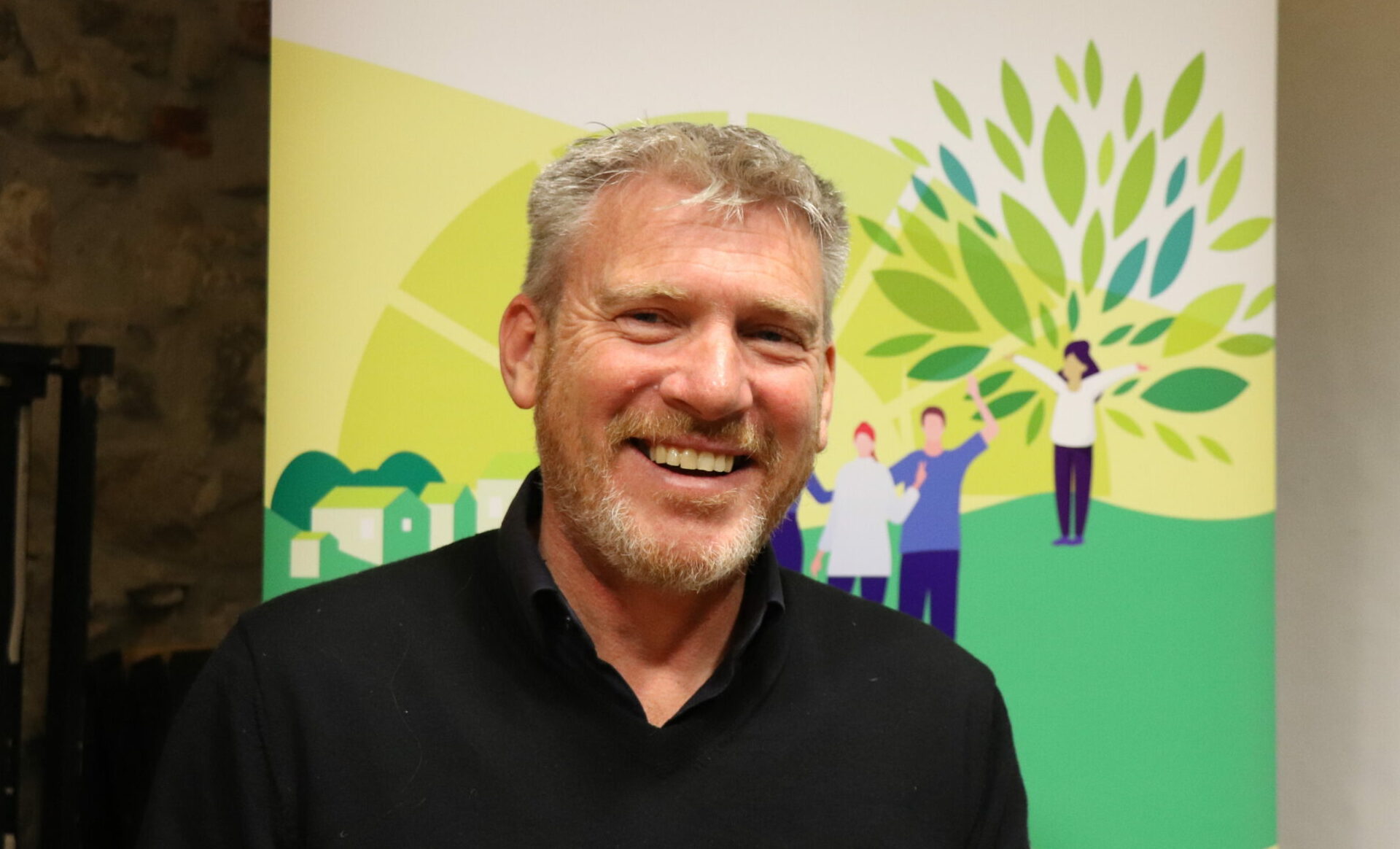
• Ivan Cooper of The Wheel.
Ivan Cooper, Director of Policy at The Wheel, revealed: “It’s the single biggest issue that we are hearing from our members – the inability to recruit staff. Grants allocated to our members haven’t been significantly increased for a number of years. Some of our members have told us that their salaries are 12 to 15 per cent lower than their employees could get if they took jobs elsewhere.
“There is a network that employs people in the community and voluntary sector. They say that there are 1,000 plus posts that are effectively unfilled – it’s a huge problem. The public sector pay increase of 6.5 per cent that was implemented has exacerbated the situation.”
There are fears within the sector that some services may have to be curtailed if the situation worsens.
Mr Cooper continued: “Unfilled posts manifests as people being left without services. And those people are invisible – the system doesn’t collect data on people who are without a service that isn’t there. There is a grave concern that vulnerable people in the community are going to be left without services.
“The only way to resolve the issue is to increase pay. Pay levels in the sector are too low, and they have been low for years, if not decades, since the recession. We need to see a very significant increase in the grants paid to voluntary sector employees.
“Voluntary sector employees feel they are being taken advantage of, because they (the government) know that they won’t just down tools.”
* * * * *
Earlier this year, The Wheel’s HR partner, Adare Human Resource Management, issued its HR Barometer Report, which revealed that the non-profit sector is facing “unique challenges”.
The report showed a significantly higher rate of employee turnover in the nonprofit sector, with an average in 2021 of 25% and expected turnover of 28% this year, compared to an average of 18% among all sectors.
It suggested that nonprofit organisations should take “a more holistic approach by developing retention strategies that invest in people, focus on organisational culture and enhance the employee experience”.

